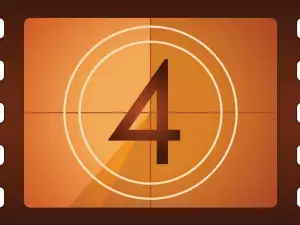Superstitions have their roots in ancient history. It all began in the distant past, when people believed that certain actions could bring about good or bad luck. A significant part of these superstitions are still believed in today, no matter how odd they may seem.
According to Chinese numerology, the number 4 is fatal and brings about tragic events, even death. The Chinese therefore try to avoid this number at all costs, with many elevators in residential buildings omitting the 4th floor label.
People in Egypt have the same fear of screech owls. They believe that the bird is a harbinger of evil and if you hear it nothing good is waiting for you in the future.
According to legend, the man who blew himself up and Russian emperor Alexander II had been carrying an empty bucket before the attack. Since then, in Russia it is believed that misfortune awaits anyone who passes a person with an empty bucket in hand.

In Rwanda, women do not eat goat meat, their passed down beliefs warning that it will cause severe facial hair growth.
In Senegal, people never reveal anything about an upcoming trip since they believe it a bad omen and that something horrible will definitely happen if someone finds out that they're traveling.
Turks, on the other hand, never chew gum at night, associating this with the rotting of dead flesh and thereby possibly attracting a tragic event in their own life.
In Germany, it's bad luck to make a toast with water. It's thought that by doing this, you wish the death of the person with whom you're clinking your glass with.

The Danes believe that broken porcelain must be saved. On New Year's Eve, everything broken needs to be thrown out the window, the idea being that the more stuff that's thrown out the more luck you will attract.
In North America it's a bad omen to step in a crack in the road. In Sweden, it's believed that one should never step on a manhole cover because you will be unlucky in love.
According to the Portuguese, ill luck will dog you if you walk backwards because this way you'd be calling forth the Devil. For the Dutch, you call the Devil every time you sing at a table.













